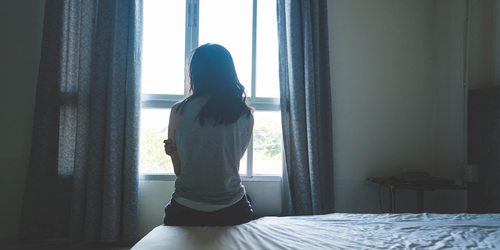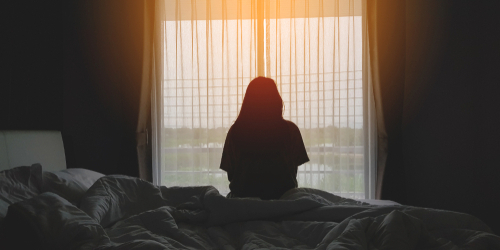The costs of exploitation
Commercial Sexual Exploitation
The Home Office has this week released a report which tries to estimate the social and economic cost of crimes of modern slavery.
Calculating the financial costs of crime is a necessary part of understanding its full impact of not only for its victims but for society as a whole. It can help the Government determine how best to invest public money by showing where the costs are and how they can be avoided by preventing exploitation, bringing criminals to justice effectively through successful policing and by protecting victims from ongoing harm and even further episodes of exploitation.
The report estimates that the average cost for a single victim in the UK is £328,720 including the costs of the physical and emotional harm to the victim (£271,190), health and victim care costs (£2,560 combined), and the law enforcement costs (£7,730).
The research reveals that victims of sexual exploitation are more likely to experience violent and sexual assault as part of their exploitation than victims of labour exploitation or domestic servitude. Each victim of sexual exploitation is estimated to experience (on average) 388 instances of rape, 407 other sexual offences and 34 occasions of violent injury.
The study has revealed that the cost to each victim is second only to homicide. Given the level of harm they cause, it is clearly right that modern slavery crimes are treated with a high level of priority.
The danger is that the real people hurt by modern slavery get lost in the figures. How can you really put a cash figure against the impact of being raped hundreds of times, or being trapped in domestic servitude for year after year?
The human cost to someone’s hope, dignity and physical health cannot be neatly tied up in a cash sum – but perhaps by examining these financial costs the need to act to reduce and eliminate human trafficking and exploitation will become clearer.
Action is needed both to reduce the factors that fuel trafficking and exploitation in this country, and to adequately care for victims once they are identified so they are protected from re-trafficking.
Last month MPs called on the Government to consider legislation to tackle the demand for commercial sexual exploitation following research from the All Party Parliamentary Group on Prostitution which concluded “the sexual exploitation of women by organised crime groups is widespread across the UK.” CARE has been calling for legislation to criminalise the purchase of sexual services for many years. This new research which sets out in stark terms the financial and personal cost of this crime highlights just why the Government must act to reduce the demand which pulls traffickers and crime gangs to this country to make money through sexual exploiting people (mostly women) in prostitution.
CARE has also been supporting Lord McColl and Frank Field MP’s Modern Slavery (Victim Support) Bill to increase the support available to victims. Research has shown how victims are falling through the gaps in the current system ending up homeless and a risk of re-trafficking. This report demonstrates the cost (human and financial) of allowing victims to be re-trafficked after falling through these gaps in support. The Government could and should plug those gaps by supporting the Modern Slavery (Victim Support) Bill in the House of Commons, providing a longer safety net of support.



Share story
The costs of exploitation